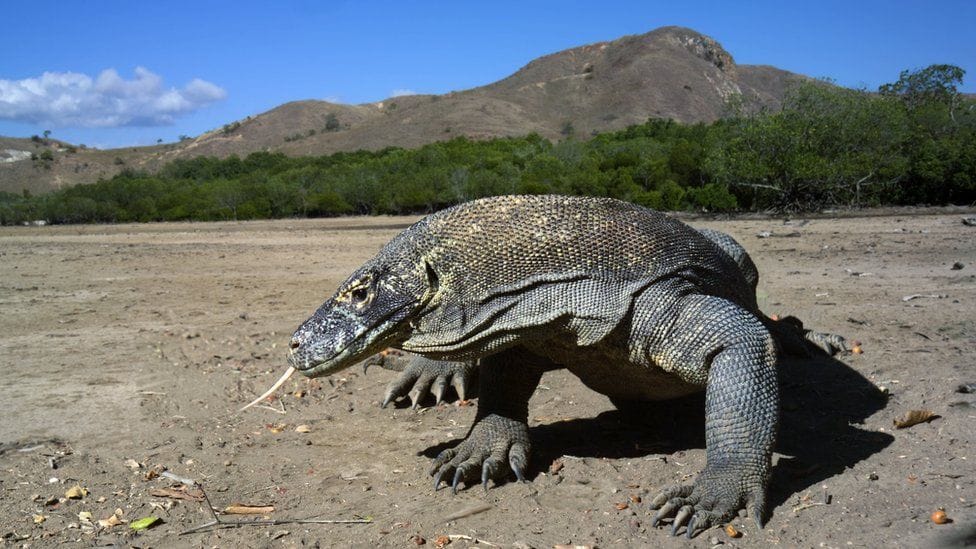
Komodo dragon blood contains an important compound which scientists think could offer a new treatment for infected wounds. The reptile’s saliva harbours many different types of bacteria, which somehow do not affect the dragon.
Scientists at George Mason University in the US created a synthetic compound based on a molecule in dragon blood that had antimicrobial activity. They found it promoted the healing of infected wounds in mice. The study – published in npj Biofilms and Microbiomes – suggests that the protein could potentially be developed into an antibiotic in the future.
The scientists believe this could be a step forward in the quest to find new antibiotics that are needed to fight multidrug-resistant pathogens.


Comentarios recientes